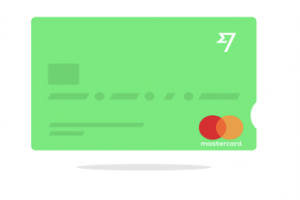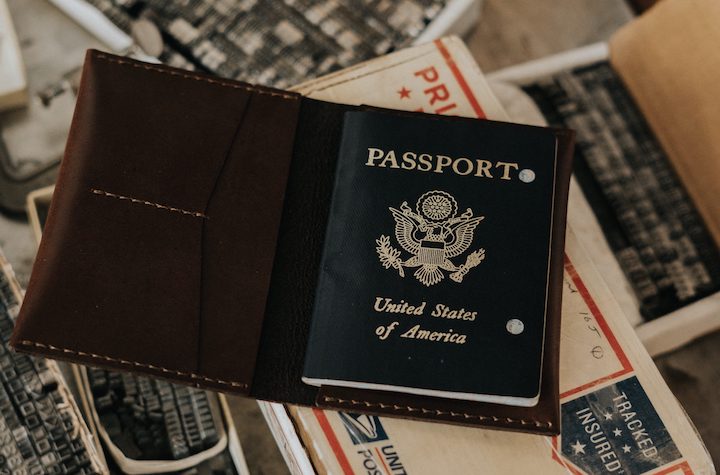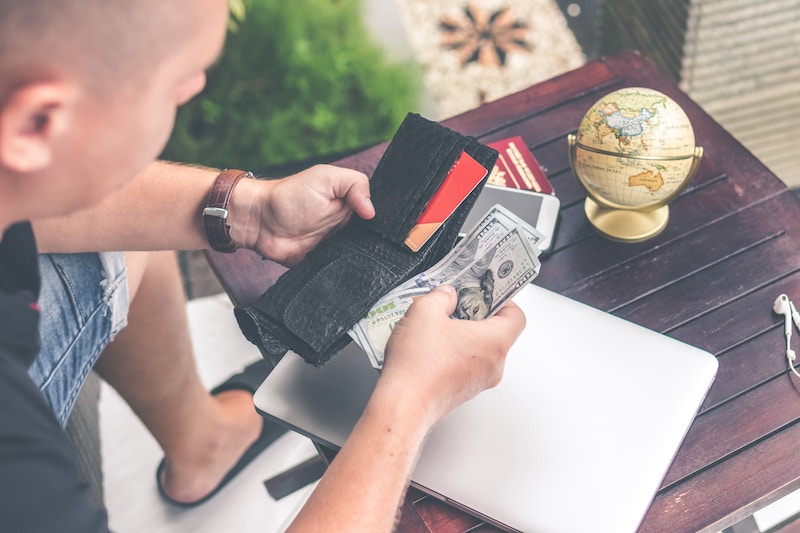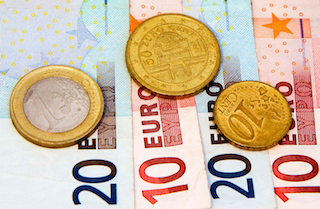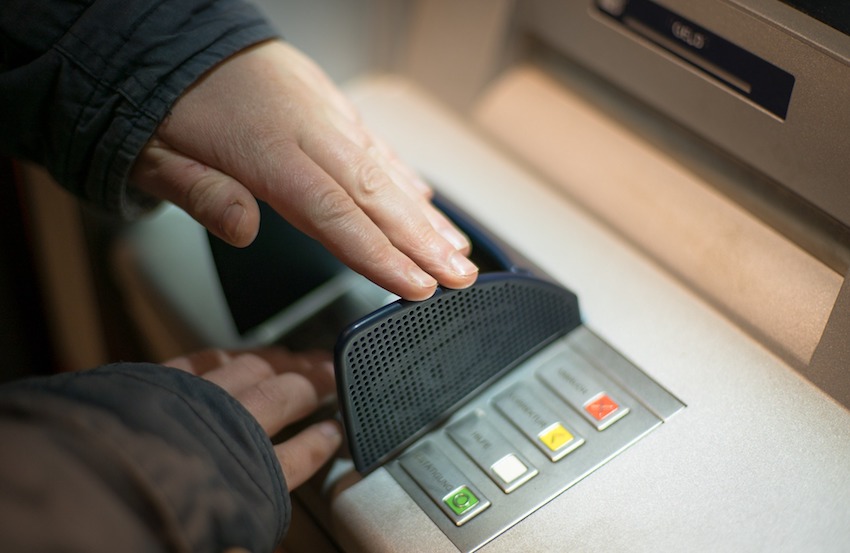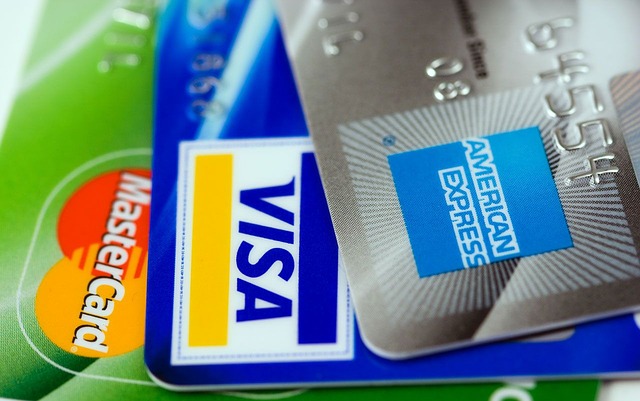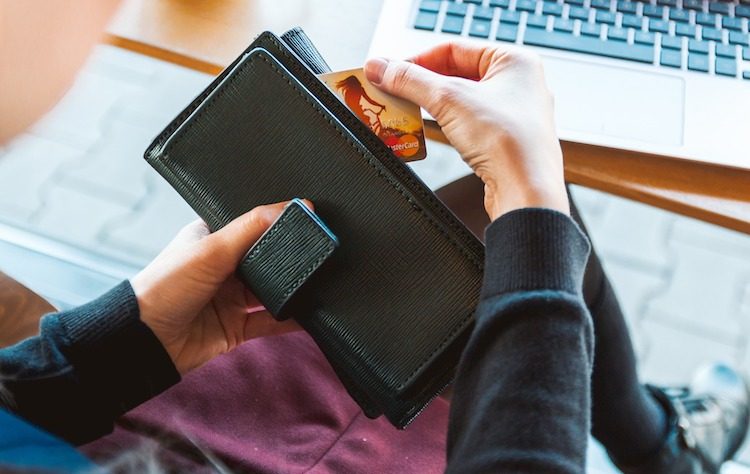8 Travel Traps to Avoid If You're Heading to Europe
Money saving tips are great, getting trapped is not.
Having some tricks up your sleeve while you're travelling can help you avoid getting ripped off.
In this article we share some of the most important travel money traps you want to avoid.
1. Not taking a prepaid card
Our first point is an important one. Using a prepaid card in Europe is a great way to avoid the fees and costly exchange rates that often come with ordinary debit and credit cards, not to mention the theft risk of carrying around large amounts of cash.
The Wise card is a good choice for a prepaid travel card. You get the mid-market exchange rate, low fees and you'll only spend what you put on there.
2. Exchanging money at the Airport
Do not exchange currency at the airport. This goes for before you get on the plane in Australia and when you land in Europe. The rates are awful and the fees are high. You are much better off withdrawing cash from an ATM or going to a money exchange shop in a major city that you visit.
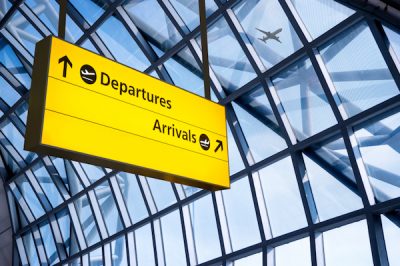
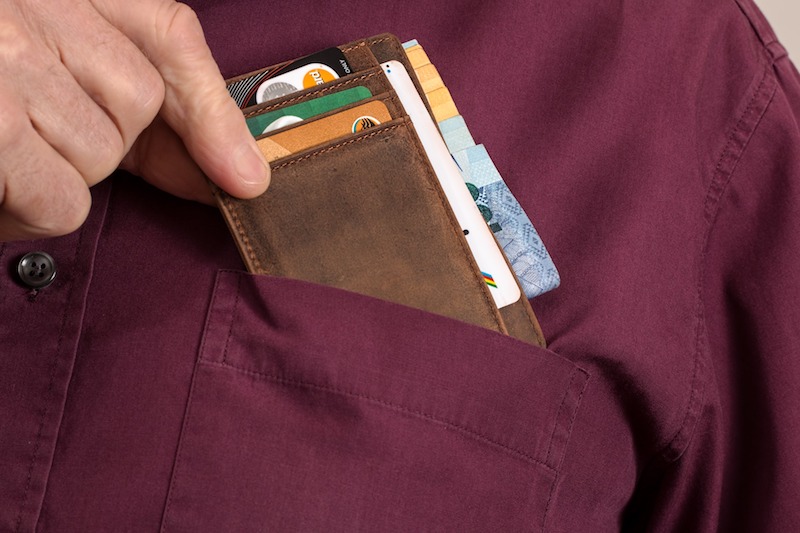
3. Not having different payment methods
Card is becoming more and more accepted in Europe. But having said this, there may be times when you will almost definitely need some cash. Having a combination of payment methods such as cash, debit card and credit card means you're covering all bases. As an extra tip, keep your money in different places. If the worst happens and you don't have access to some of your things it will put your mind at ease to know you still have money.
4. Paying in Australian dollars when using your card.
Sometimes when you make a purchase Internationally with your Australian debit or credit card, you will be asked if you want to make the payment in your currency, or the local currency. It is almost always better to pay in the local currency than it is to pay in AUD. The exchange rates are generally awful otherwise.
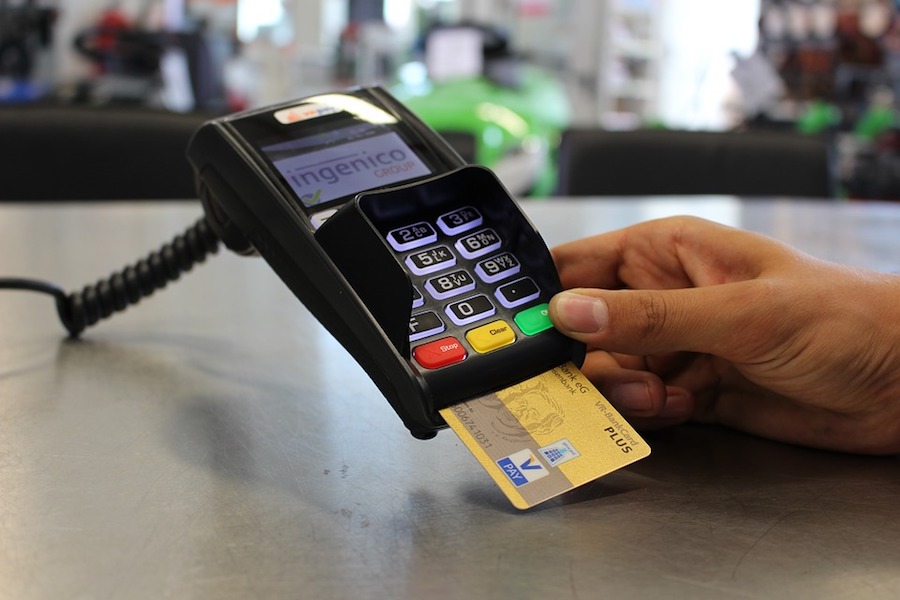
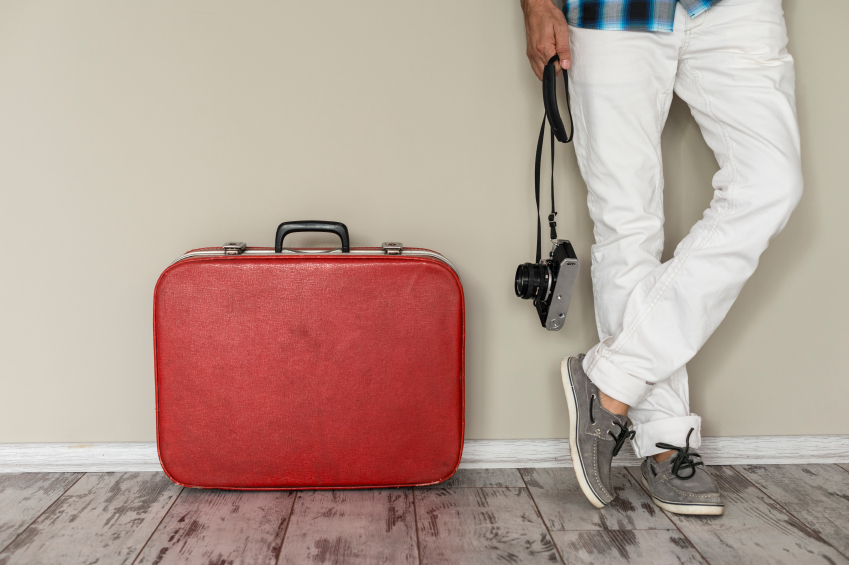
5. Forgetting to book luggage when you book your flight
Don't get caught out. If you're booking a flight, it can be tempting to save money by not booking any checked luggage. This can be a saving at the time, but it's much more expensive to buy luggage when you're checking in. Even if you're a light traveller, at least consider booking it for your flight home. This way you're covered in case you stock up on souvenirs and shopping.
6. Making too many ATM withdrawals
While it could be better to withdraw money from an ATM than it is to exchange money at the airport, or your hotel you still want to be careful. If you do decide to do this, just try to plan in advance. Because you will almost definitely need to make a withdrawal at some point during your stay in Europe, try and withdraw more money, less often. Fees will almost always be a set amount, so lessening the amount of times you're doing it can definitely help you save.
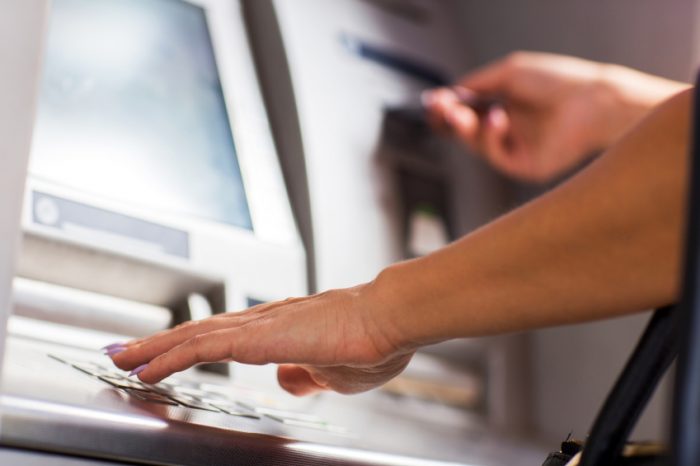
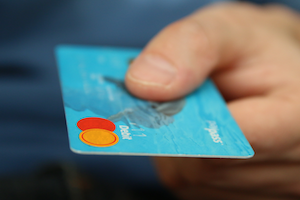
7. Not checking terms and conditions of travel cards
If you're worried about carrying cash, you may be tempted to buy a prepaid currency card. If you do this, just make yourself aware of all the fees and charges involved. Often they are advertised as free but can be expensive to reload and withdraw cash with. You can read more about the best cards to take to Europe here.
8. Keeping too much cash on you
Our final tip is to safe guard you and those you are travelling with. If you choose to travel with cash, try to split up where you're keeping it. If you're keeping hundreds of euros in your wallet, you're opening yourself to being left in a sticky situation if you lose it or it gets stolen. By keeping some cash on you, and maybe some in your luggage or in the safe at your hotel you will have a back up if the worst happens. But like we said in tip 2, it's best to have a few payment methods on you when you're travelling.
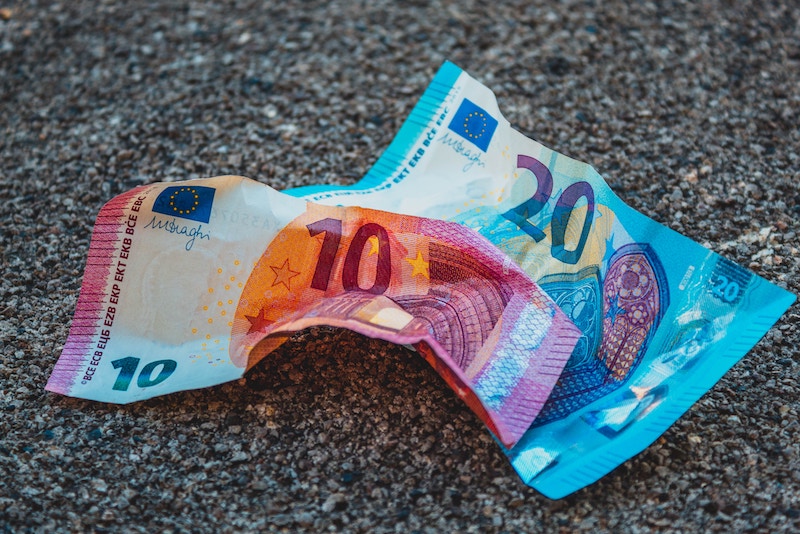
Where to get EUR currency from?
While there are many different currencies used in different European countries, euros are the most common - and what you’ll need if you’re headed to a popular travel destination like Paris, Madrid, Rome, Berlin or Athens. You can get your euros in advance or on arrival, and spend in cash or using a card, depending on your preferences.
Here are some different ways you can get euros for spending on your trip:
- Open a multi-currency account with a specialist service like Wise or Revolut. You can then add money in AUD and exchange to euros (or the currency of your choice) before you travel
- Get a travel card from a provider like Wise or Revolut to spend in euros, and make convenient cash withdrawals wherever you’re heading
- Get spending money in cash at the airport or at your hotel on arrival - just remember to watch out for fees and marked up exchange rates as this can be pretty expensive
- Carry AUD in cash and exchange for euros in currency exchange shops when you arrive
- Buy euros in cash from your bank or from a specialist travel service before you leave
The fees and exchange rates available with different payment methods can vary enormously. Compare a few before you choose to make sure you get the best deal for your needs. Read a comprehensive guide on currency in Europe.
Other travel money tips for Europe
To make the most of your trip to Europe you’ll need to do a bit of research. Taking a holiday is great fun - but getting ripped off or being the victim of theft is not. Here are a few things to think about when you plan your trip.
1. Do your research before you travel to Europe
Europe is diverse, with many countries and cultures. That also means that the costs, risks and things to watch out for can vary a lot, making it best to do the research about the places you plan to visit individually. Particularly it’s worth checking if there are any common scams where you’re heading, or if there are areas of a particular city you may be best off avoiding.
2. Ask a local
There are plenty of great tourist sites across Europe - but often the restaurants, stores and hotels near major tourist draws are a bit of a rip off. With only passing trade, they’re not necessarily the best place to hang around once your visit to the particular attraction is over. Instead, ask a local at your hotel or through an online forum, if there are other places close by where you can experience a bit more of the culture and get away from the crowds - this can mean much lower costs, too.
3. Beware of pickpocketing
Crowded areas packed with tourists are a pickpocket’s dream. Many major cities in Europe warn tourists to keep an eye out for pickpockets, most of whom are opportunist. Just being mindful of your surroundings and doing basic things like keeping your wallet in your front trouser pocket rather than the back, or using a cross body bag instead of a clutch, can make all the difference.
Europe prices
Every trip from Australia to Europe will be unique - and that includes the costs you’ll pay. Different countries, cities and activities have their own prices, which can vary widely. Doing some research in advance is essential - we’ve rounded up a few things to consider, to kick off your thinking.
How much does a trip to Europe cost from Australia
Naturally, flight prices differ based on where in Europe you want to fly to. However, the flights are going to be the largest cost in many trips to Europe, so it’s important to budget well and shop around.
To give an idea, at the time of writing - July 2023 - flights from Sydney for 2 people to Spain, Italy and Germany may set you back as follows:
- Flights Sydney to Madrid (August 2023) start from about 1,800 AUD per person, or 3,600 AUD for 2 passengers
- Flights Sydney to Rome (August 2023) start from about 1,200 AUD per person, or 2,400 AUD for 2 passengers
- Flights Sydney to Berlin (August 2023) start from about 2,000 AUD per person, or 4,000 AUD for 2 passengers
Accommodation
You’ll be able to get a really broad range of types of accommodation throughout Europe, depending on the type of trip you’ve planned. Low cost hostels and homestays are available in many cities - or you can go for a bit of luxury instead.
Here’s a rough cost for a 4 star luxury hotel in the cities we looked at earlier:
- Madrid - 4 star hotels are likely to start at around 200 AUD per room per night
- Rome - 4 star hotels are likely to start at around 250 AUD per room per night, and can rise to 600 AUD or more per night in prime locations
- Berlin - 4 star hotels can cost as little as 200 AUD per room per night, but rise to 350 AUD per night in some more central districts
Restaurant prices in Europe
Food prices in Europe can vary a lot, but eating in a big city, or in a tourist area can mean fairly high prices. Check out the specific costs wherever you’re planning to visit - to give a starting point, here are the costs for some mid-range meals in the cities we looked at earlier, according to data aggregator site Numbeo.com:
- Madrid - a 3 course meal for 2 in a mid-range restaurant will cost from about 80 AUD
- Rome - a 3 course meal for 2 in a mid-range restaurant will cost from about 110 AUD
- Berlin - a 3 course meal for 2 in a mid-range restaurant will cost from about 100 AUD
For more information about Europe prices read this guide on how much things cost in Europe.
FAQ - travel money traps to avoid in Europe
What is the safest way to take money to Europe?
Carrying a lot of cash isn’t the safest choice, and spending with your AUD card can mean high foreign transaction fees. As a secure and low cost alternative, why not get a travel money card from a provider like Wise or Revolut. You’ll be able to add AUD and convert to EUR in advance or when you spend, and because the card isn’t linked to your normal AUD account it’s pretty safe too. You can also only make cash withdrawals when you need to, rather than carrying lots of EUR notes around unnecessarily.
Should I exchange money before I travel to Europe?
If you want to exchange funds before you travel, a dedicated multi-currency account you can use to hold EUR might be a good bet. Top up in AUD, and switch to euros, so you can see your budget in advance, and you won’t need to pay extra foreign transaction fees when you’re away either. Wise and Revolut are good places to start for flexible in-app euro accounts.
Is it better to use cash or card in Europe?
Cards are commonly accepted in most places in Europe - but having a bit of cash on hand for tipping and small purchases is also smart. Use a travel money card to spend conveniently and make cash withdrawals as and when you need to, for extra convenience and - often - low costs.
Need to know more about travelling to Europe?


